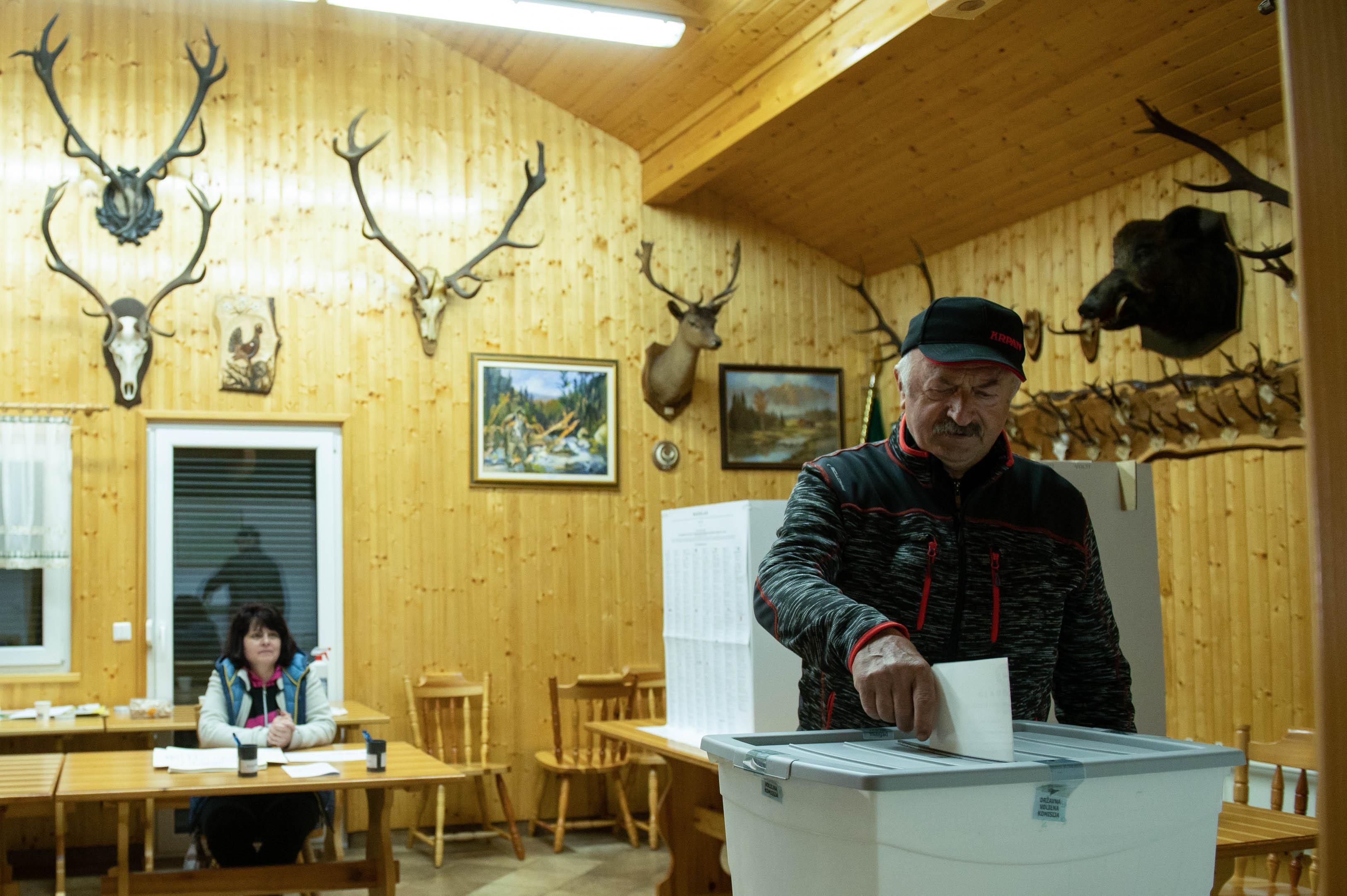11: Marine Le Pen wasn’t the only rightwing Euroskeptic who took an L on Sunday — Slovenian Prime Minister Janez Janša’s SDS Party lost by 11 points to the Freedom Movement, an upstart green party, which won 34% of the vote. Janša, like Le Pen, noted that his party still got more votes than ever before.
2 trillion: Global military spending topped $2 trillion for the first time last year. Nearly two-thirds of that came from the US, China, India, UK, and Russia. Washington’s world-leading $800 billion tab dipped slightly from 2020 but still outstripped the next nine countries combined.
273 million: Speaking of the arms trade, Germany and France reportedly made a combined 273 million Euros selling arms to Russia, flouting an embargo that the EU slapped on the Kremlin after Putin’s annexation of Crimea in 2014. Critics say some of those weapons are now being used in Ukraine.
50: Another US culture war battle begins this week as the US Supreme Court takes up the a case of a public high school football coach praying with his players at the 50-yard line after games. Coach Kennedy says it’s a matter of his private religious freedom, but the school board feared it would be seen as an inappropriate endorsement of one religion over others. The justices will decide.
